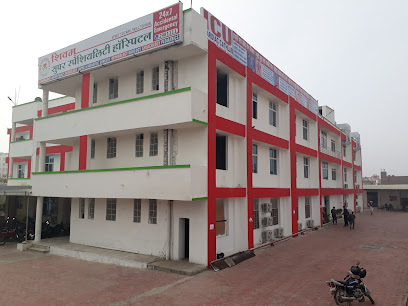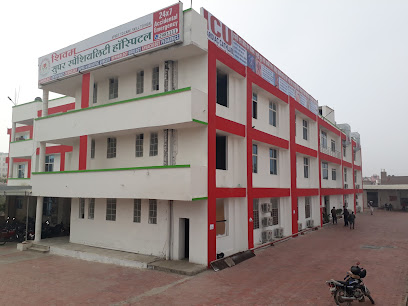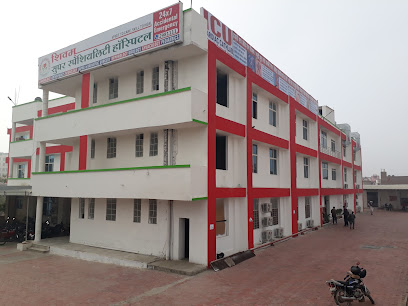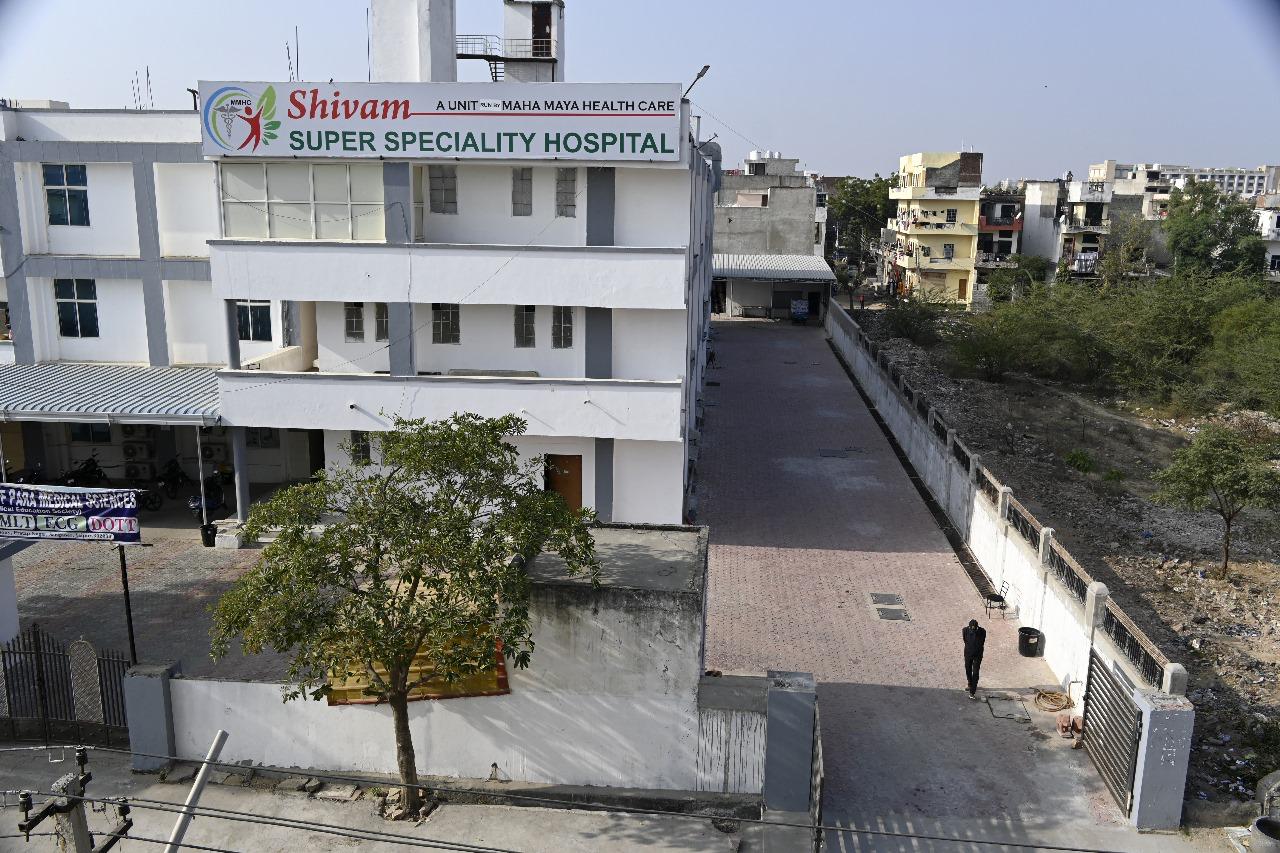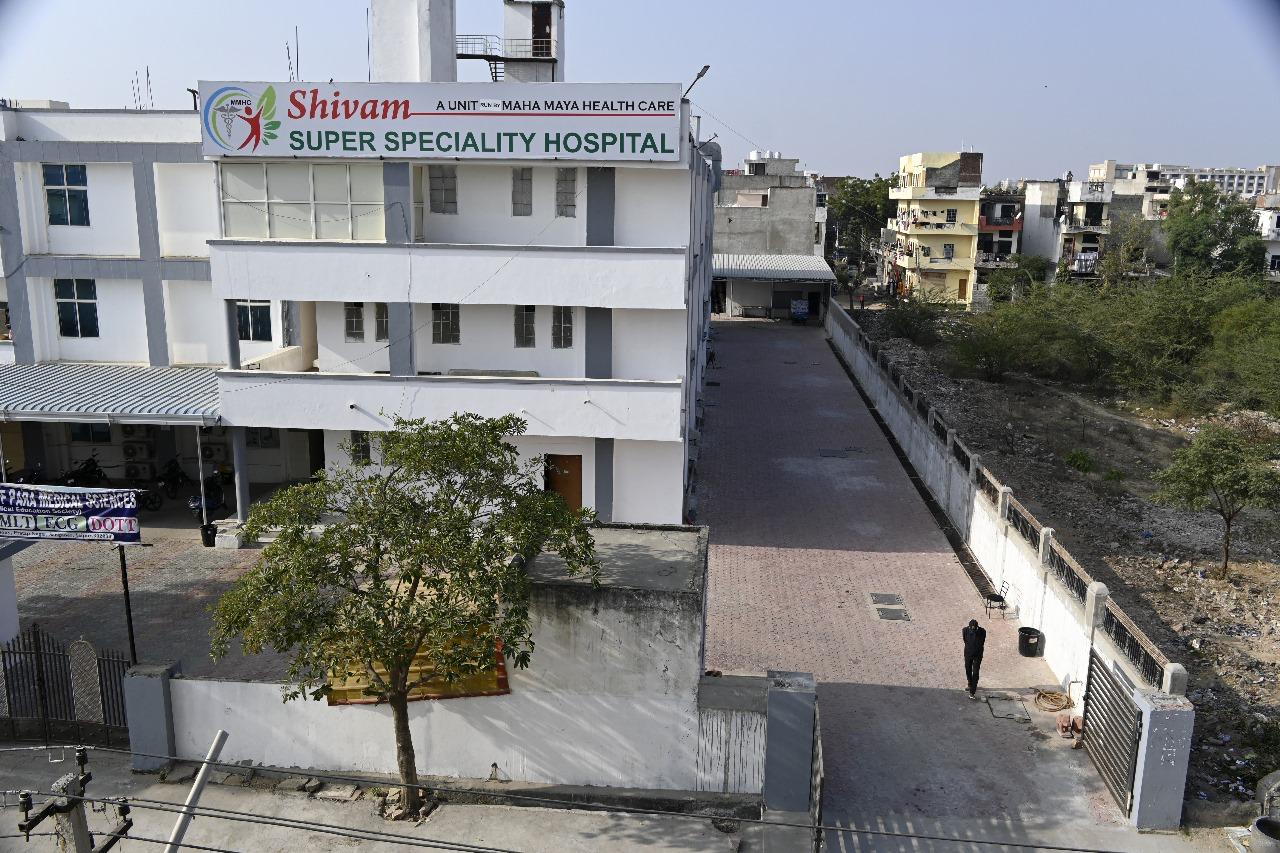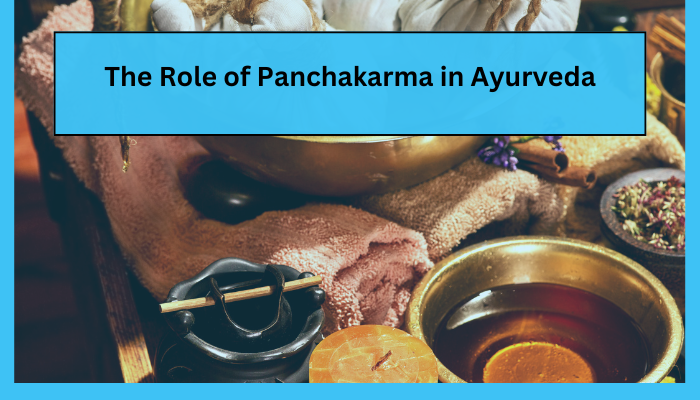The Three Doshas – Vata, Pitta, and Kapha Explained
Are you struggling with recurring digestive issues, skin problems, weight management challenges, or emotional imbalances such as stress or fatigue? If so, Ayurveda could offer natural solutions with zero side effects by addressing the balance of your doshas (Vata, Pitta, Kapha).
Doshas are energies that govern bodily and mental functions. They are derived from the five elements—earth, water, fire, air, and space. Each dosha represents a unique combination of these elements and affects health, behaviour, and personality. Understanding these doshas can help individuals maintain balance and prevent disease.
In this blog, Ayurvedic experts from Shivam Superspeciality Hospital will help you understand the doshas and introduce Panchakarma therapy, a holistic Ayurvedic treatment designed to balance them. This therapy restores equilibrium and supports disease management, promoting overall health and well-being.
Understanding Doshas
Each dosha, Vata, Pitta and Kapha - carries unique characteristics that influence your body’s physical and mental functions. By recognising these traits and their impact, you can better identify imbalances and adopt lifestyle and dietary changes to restore harmony within your system. Let’s explore each dosha in detail.
Vata Dosha (Air and Space)
Vata is like the wind: energetic and refreshing. It governs key body movements, including blood flow, breathing, and nerve signals. Vata is light, cold, and dry.
Personality and Physical Traits of Vata Dosha
People with a strong Vata Dosha are creative, energetic, and quick thinkers but may become anxious and restless when imbalanced. They typically have a light build, dry skin, and feel cold more often.
Signs of Imbalance
- Physical Signs: Dry skin, constipation, insomnia, difficulty focusing, weight loss, restlessness, and digestive issues.
- Emotional Signs: Anxiety, fear, overwhelm, and erratic thoughts.
Balancing Tips for Vata Dosha Imbalance
- Diet: Incorporate warm, moist, and grounding foods like soups and cooked vegetables. Avoid raw and cold foods.
- Lifestyle: Maintain a regular routine, practice meditation and gentle yoga, and ensure to keep warm.
Pitta Dosha (Fire and Water)
Pitta represents the body’s metabolic system, including digestion and energy production. It is hot, sharp, and fluid.
Personality and Physical Traits of Pitta Dosha
Pitta types are intelligent, driven, and confident. When out of balance, they can be prone to irritability and anger. Physically, they have a moderate build and may suffer from inflammation and heat-related conditions.
Signs of Imbalance
- Physical Signs: Inflammation, rashes, burning sensations, acid reflux, excessive body heat, and sweating.
- Emotional Signs: Irritability, anger, impatience, excessive criticalness, and competitiveness.
Balancing Tips for Pitta Dosha
- Diet: Choose cooling and refreshing foods like cucumbers and dairy. Avoid spicy and sour foods.
- Lifestyle: Engage in cooling exercises like swimming and practice stress management techniques.
Kapha Dosha (Earth and Water)
Kapha provides structure and stability, governing strength, stamina, and growth. It is heavy, slow, and steady.
Personality and Physical Traits of Kapha Dosha
Kapha individuals are generally calm, grounded, and loyal. However, if their dosha is imbalanced, they may struggle with weight gain and fluid retention.
Signs of Imbalance
Symptoms of a Kapha imbalance include weight gain, feelings of lethargy, and difficulty waking up.
Balancing Tips of Kapha Dosha
- Diet: Favor light, spicy, and warm foods to counterbalance the heaviness.
- Lifestyle: Regular vigorous exercise and avoiding daytime naps are beneficial.
Consequences of Dosha Imbalance
According to Ayurveda, the balance of Vata, Pitta, and Kapha Doshas is crucial for maintaining health and preventing disease. When these energies are out of balance, it can lead to various disorders and illnesses.
Physical Health Issues
Each Dosha, when imbalanced, can cause distinct health problems:
- Vata imbalance can lead to conditions such as arthritis, constipation, high blood pressure, and various neurological problems.
- Pitta imbalance might result in inflammatory conditions, such as infections, heart disease, and skin issues like acne or boils.
- Kapha imbalance can contribute to obesity, diabetes, asthma, and some forms of cancer.
Mental and Emotional Health
Beyond physical ailments, an imbalance in Doshas can also affect mental and emotional well-being:
- Vata imbalances often lead to anxiety, fear, and instability.
- Pitta can cause anger issues, irritability, and stress-related problems.
- Kapha might lead to depression, lethargy, and resistance to change.
Panchkarma Therapy - Comprehensive Ayurvedic Detoxification to Cure Dosha Imbalance
Studies have shown that patients undergoing Panchakarma report significantly reduced pain and stiffness, especially those suffering from osteoarthritis.
Panchakarma is a sophisticated Ayurvedic detoxification process designed to cleanse the body and balance the three Doshas: Vata, Pitta, and Kapha. It involves five specialised therapies:
- The first therapy, Vamana, involves induced vomiting to eliminate excess Kapha, which benefits conditions related to mucus buildup, like congestion and respiratory issues.
- Virechana, the second therapy, uses purgation to cleanse the liver and intestines, removing Pitta toxins that can cause inflammation and heat-related ailments.
Clinical evaluations by the Journal of Ayurveda and Integrated Medical Sciences have shown that therapies like Virechana Karma effectively manage metabolic syndrome, reducing risks linked to diabetes and heart conditions.
- Basti, the third treatment, targets Vata imbalances by administering medicated oils or herbal decoctions through enemas, soothing conditions like arthritis and constipation.
- Nasya, the fourth procedure, involves administering oils or powders to the nasal passages and head regions to clear and protect them. This helps with issues like sinusitis, headaches, and cognitive function.
- Raktamokshana, is used selectively for severe Pitta conditions, such as dermatitis or hyperacidity, involving controlled bloodletting to alleviate toxicity and inflammation.
Conducted under the supervision of a qualified Ayurvedic physician at Shivam Superspecilaity Hospital in Jaipur, Panchakarma effectively removes toxins, enhances immunity, reduces stress, and promotes overall rejuvenation. Patients often report improved mental clarity, reduced stress, and heightened emotional equilibrium.
Ideal for those experiencing chronic symptoms or seeking significant health improvement, this therapy is performed under expert supervision and approached with care, ensuring it aligns with individual health needs.
Conclusion
When your Vata, Pitta, and Kapha are balanced, you enjoy better digestion, sound sleep, and a calm mind. However, when these doshas are out of sync, common issues like fatigue, stress, digestive problems, or even chronic diseases can arise.
At Shivam Super Speciality Hospital, Ayurvedic treatments are designed to restore this balance. Our expert ayurvedic team in Jaipur creates personalised plans, combining time-tested therapies like Panchakarma and Abhyanga with modern medical insights.
If you’re ready to embrace a natural, holistic approach to your health, schedule your appointment with our Ayurvedic experts in Jaipur now.

